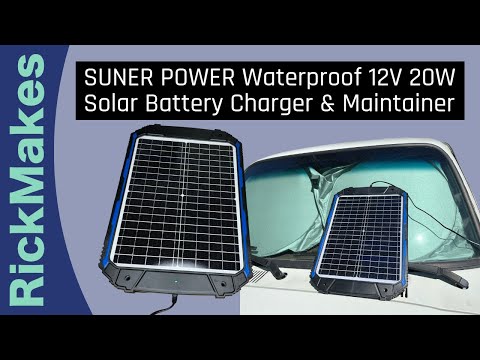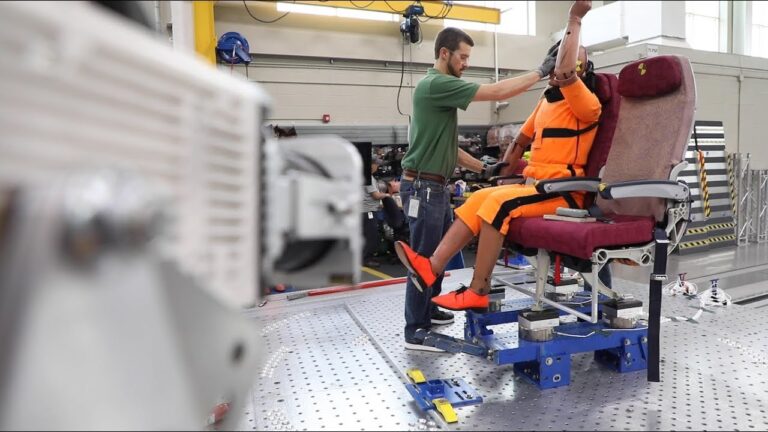Power Maintainer Job: Duties & Salary

Power Maintainer Job Description Template
The job of a Power Maintainer involves ensuring the smooth operation and maintenance of power systems in various settings such as residential, commercial, and industrial buildings. Their primary responsibility is to ensure that the power supply remains uninterrupted and to promptly address any power-related issues that may arise. Reliability is one of the key aspects of a Power Maintainer’s job. They need to ensure that the power supply is reliable and does not experience frequent disruptions. This involves regular inspection and testing of power systems and equipment to identify potential faults or weaknesses. If any issues are detected, the Power Maintainer must take immediate action to rectify them, which may include repairing or replacing faulty components. Safety is another crucial aspect of a Power Maintainer’s role. They must adhere to safety guidelines and regulations to prevent accidents, injuries, or damage to property. This involves conducting risk assessments, implementing safety measures, and using appropriate personal protective equipment. They must also have a good understanding of electrical codes and regulations to ensure compliance and safety in their work. In addition to maintenance tasks, Power Maintainers may also be responsible for installing, upgrading, or expanding power systems as per the requirements of the building or facility. They may need to collaborate with other professionals such as engineers, electricians, or technicians to ensure the successful completion of projects. Overall, a Power Maintainer plays a crucial role in ensuring the uninterrupted operation of power systems, emphasizing the importance of reliability and safety in their work.Power Maintainer Responsibilities
Power Maintainer Requirements
How Much Does A Power Maintainer Make?
Power Maintainer Salary
| Position | Experience Level | Salary |
|---|---|---|
| Power Maintainer I | Entry Level | $40,000 – $50,000 |
| Power Maintainer II | Intermediate Level | $50,000 – $60,000 |
| Power Maintainer III | Advanced Level | $60,000 – $70,000 |
| Power Maintainer IV | Expert Level | $70,000 – $80,000 |
A power maintainer is responsible for maintaining and repairing power systems, equipment, and machinery. They ensure that power systems are functioning efficiently and safely. The salary of a power maintainer varies depending on the position and experience level. Entry-level power maintainers can expect to earn between $40,000 and $50,000 per year, while expert-level power maintainers can earn between $70,000 and $80,000 per year. Intermediate and advanced level power maintainers fall within the salary range of $50,000 to $60,000 and $60,000 to $70,000 respectively. These salaries may also vary based on factors such as location and company size.
Power Maintainer Salaries by Country
Top Paying Countries for Power Maintainer
| Country | Average Salary (USD) |
|---|---|
| United States | 60,000 |
| Switzerland | 55,000 |
| Australia | 50,000 |
| Norway | 48,000 |
| Germany | 45,000 |
Here is a list of the top paying countries for power maintainers. These countries offer high average salaries for professionals in the power maintenance field. The United States leads the list with an average salary of $60,000, followed by Switzerland with $55,000. Australia, Norway, and Germany also offer competitive salaries ranging from $45,000 to $50,000. Power maintainers in these countries can expect to earn a good income while ensuring the smooth functioning of power systems and equipment.
A video on the topic Power Maintainer
Video Source : RickMakesInterview Questions for Power Maintainer
1. What is the role of a Power Maintainer?
A Power Maintainer is responsible for the installation, maintenance, and repair of electrical systems and equipment.
2. What are the necessary skills for a Power Maintainer?
Some necessary skills for a Power Maintainer include knowledge of electrical systems, troubleshooting abilities, attention to detail, physical stamina, and good communication skills.
3. Can you explain your experience in working with electrical systems?
I have been working with electrical systems for the past five years. During this time, I have gained experience in installing, maintaining, and repairing various electrical components such as wiring, circuit breakers, transformers, and generators.
4. How do you approach troubleshooting electrical issues?
When troubleshooting electrical issues, I start by identifying the problem area and conducting a thorough inspection of the electrical system. I use various tools and equipment to test circuits, connections, and components. I also consult technical manuals and diagrams to help diagnose the issue. Once I identify the problem, I develop a plan to fix it and implement the necessary repairs.
5. How do you ensure safety while working with electrical systems?
I always prioritize safety while working with electrical systems. I make sure to follow all safety protocols and wear appropriate protective gear such as gloves, goggles, and safety boots. I also ensure that the power source is turned off before working on any electrical components. Additionally, I regularly inspect and maintain tools and equipment to ensure they are in safe working condition.
6. How do you stay updated with the latest developments in electrical technology?
To stay updated with the latest developments in electrical technology, I regularly attend seminars, workshops, and training sessions. I also read industry publications and participate in online forums and discussions. Additionally, I maintain a network of professional contacts who I can consult for information and updates.
7. Can you describe a challenging project you have worked on as a Power Maintainer?
One challenging project I worked on was the installation of a new electrical system in a large commercial building. The project involved coordinating with multiple contractors and ensuring that the electrical system was installed according to the building codes and safety regulations. I had to overcome various obstacles, such as tight deadlines and complex wiring configurations. However, with proper planning and teamwork, we successfully completed the project on time and within budget.
8. How do you handle stress and tight deadlines in your work as a Power Maintainer?
I handle stress and tight deadlines by prioritizing tasks and creating a detailed schedule. I break down larger projects into smaller, manageable tasks and set realistic deadlines for each. I also communicate effectively with team members and stakeholders to ensure everyone is aware of the project timeline and any potential challenges. If necessary, I am willing to put in extra hours to meet deadlines without compromising on quality.
9. Can you explain your experience with preventive maintenance?
I have extensive experience with preventive maintenance. I understand the importance of regularly inspecting and maintaining electrical systems to prevent breakdowns and ensure their optimal performance. I have implemented preventive maintenance schedules for various electrical systems, which involve tasks such as cleaning, lubricating, and testing components, as well as identifying and addressing potential issues before they become major problems.
10. How do you handle working in hazardous or challenging environments?
I handle working in hazardous or challenging environments by following strict safety protocols and using appropriate protective gear. I am trained to identify potential hazards and take necessary precautions to minimize risks. I also stay calm and focused in challenging situations and seek assistance or guidance from colleagues when needed.
The Best Universities For The Power Maintainer Profession.
- Massachusetts Institute of Technology (MIT)
- Stanford University
- California Institute of Technology (Caltech)
- University of Cambridge
- Harvard University
- University of Oxford
- Princeton University
- University of Chicago
- Imperial College London
- Yale University






